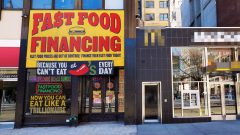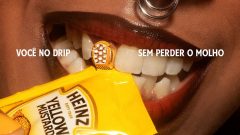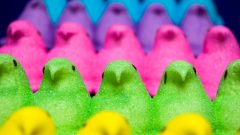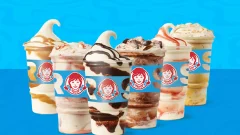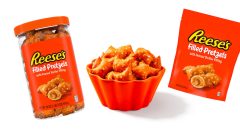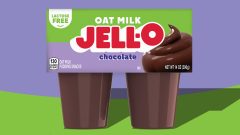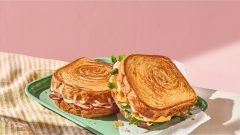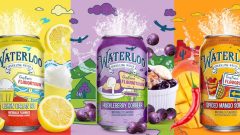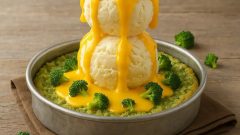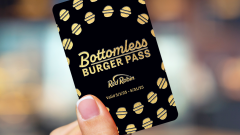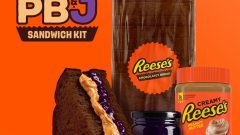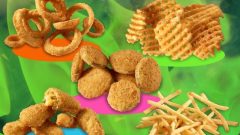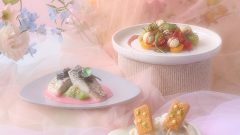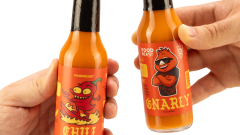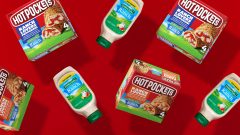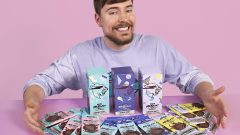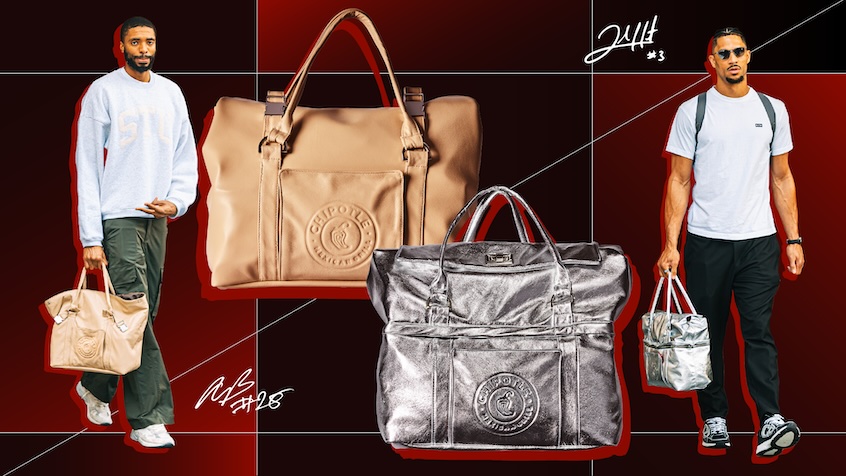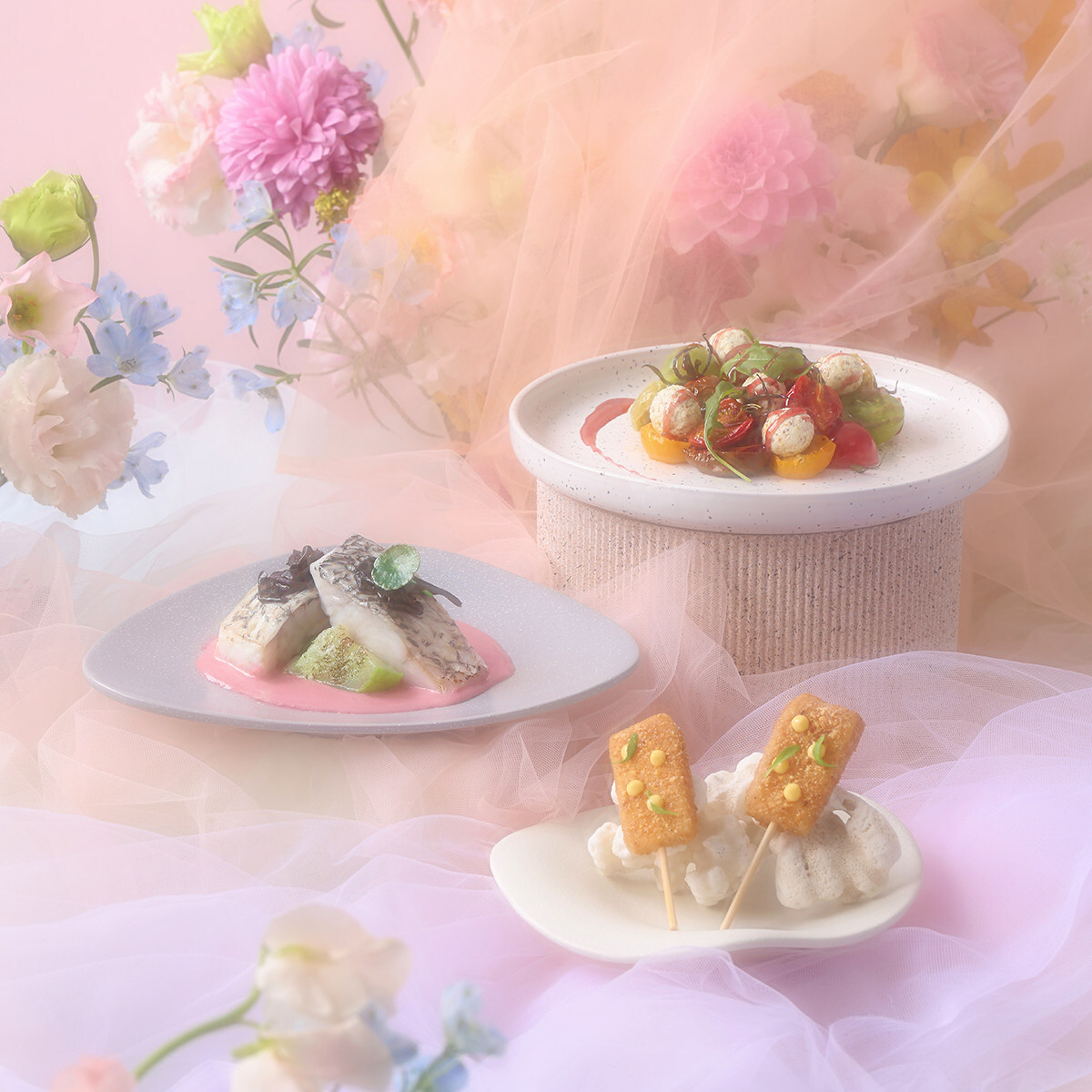Why Does Boba Tea Receive Such Negative Criticism While Starbucks Drinks Get Praised?
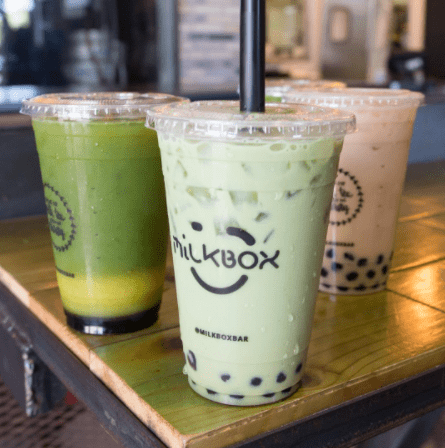
Depending on where in the world you live, you call the drink either boba or bubble tea. Whatever you call it, there seems to be a living trend of news articles that creates a negative outlook on boba (lets just call it boba, I’m west coast) as a major health risk.
In an article by VICE’s Celeste Yim, she addresses White America’s demonization of boba as a drink you could definitely do without. In her piece, she continues to explain America’s rising health trend and vilification of all things unhealthy.
In truth, we all know that boba is by no means a healthy drink, but that isn’t the issue. The problem is the overall tone of how it is portrayed in media. In some cases it has less sugar and caloric levels than your favorite Starbucks Frappuccino, yet there are hardly any articles about how you shouldn’t be going to Starbucks anymore. Do a quick Google search on their “Unicorn Frappuccino” and I will bet all the boba stamp cards that I’ve been racking up, that you will see a headline that reads along the lines of “This is the Cutest, Most IG Worthy Drink Ever” rather than “There’s a Shit Ton of Sugar in this Drink.” The bottom line is that we, as contemporary American media praise Starbucks and similar companies for serving us “sugar water” that look great on camera, but crucify “sugar tea” popularized by an Asian population.
When you compare a cup of Starbucks Caramel Frappuccino and a milk tea with boba both at 16 oz. (grande) you’ll find that the standard frap contains 420 calories with 66 grams of sugar, while the tea is just 212 calories with 42 grams of sugar, plus another 200-250 calories with boba added.
The main issue is this: The same people that glorify the sugar cult of America’s leading thirst quenchers are the first critics of boba’s insurgency. Praising the grandeur of “Freakshakes” while denouncing a simple honey milk tea with boba is where their arguments fall apart. The hypocrisy is ridiculous.
These demonizing articles that Yim sources have gained enough headway that even the popular NY/SF boba chain, The Boba Guys addressed “the rumors about their balls,” citing comparisons between popular cafes and juicers. They react with similar acclimations—that their drinks are no worse than the leading American joints. Let me repeat that: they are NOT worse. In fact, according to Harvard Medical School, drinking tea has been linked to certain health benefits such as being an anti-inflammatory and high in antioxidants.
So the next time you decide to quench your midday thirst this summer, consider your options a little better. Remember the sugar content of your drinks can always be adjusted to your liking, and you can substitute the tapioca pearls for pudding, grass jelly, or chia seeds (because they are less caloric).
And don’t forget that free stamp card. It’s crucial for free boba.

